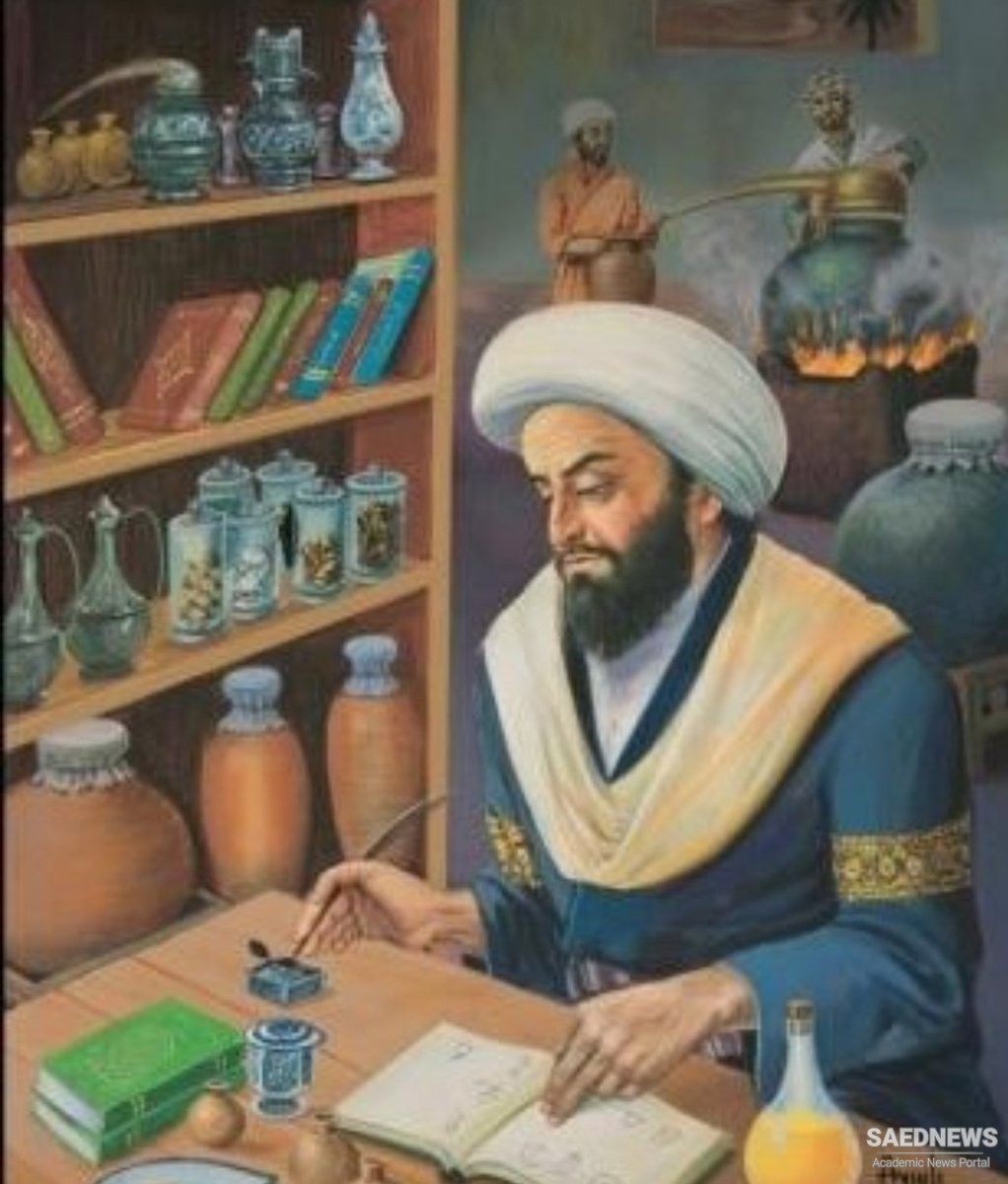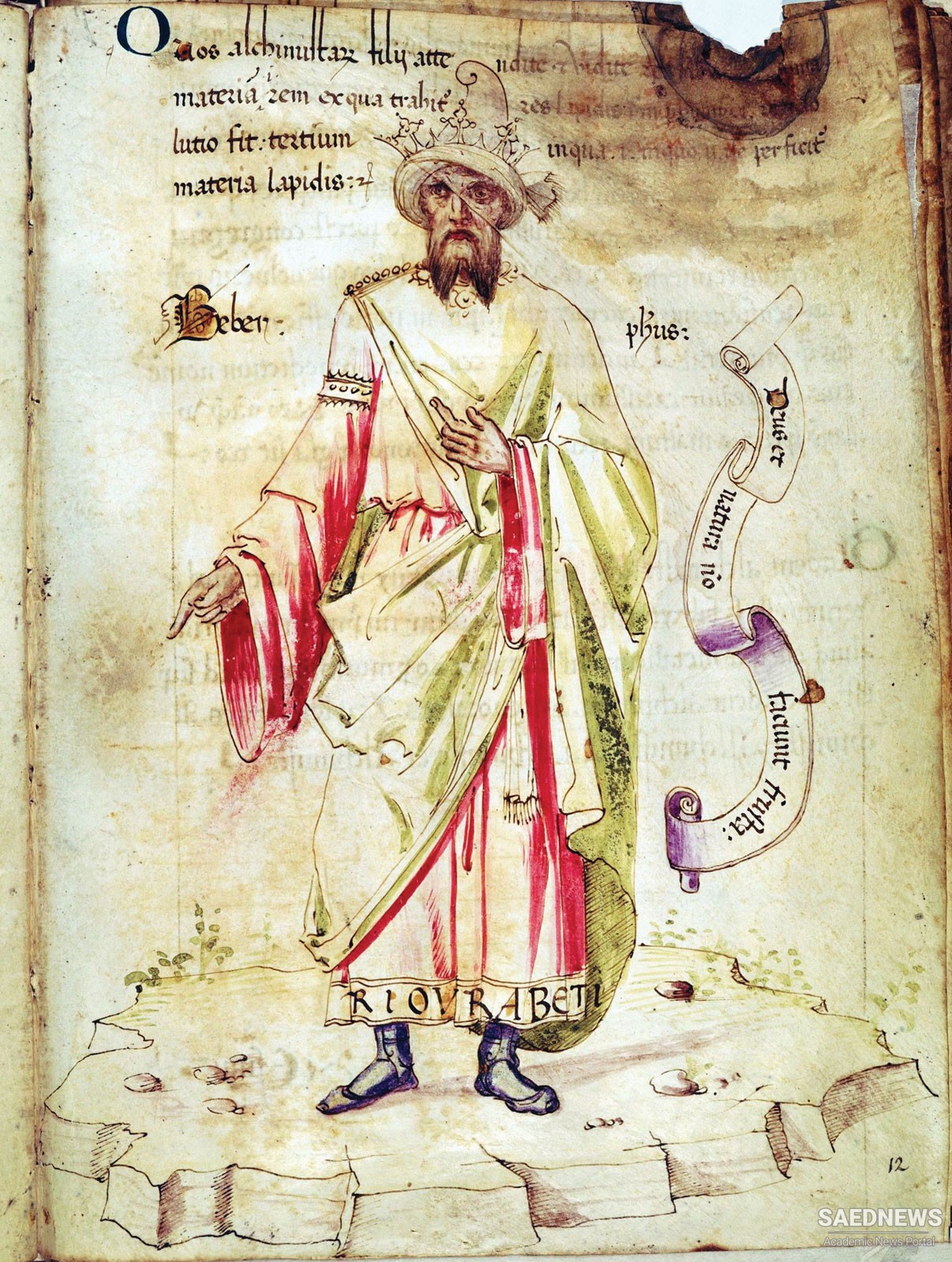Abū Mūsā Jābir ibn Ḥayyān, (born c. 721, Ṭūs, Iran—died c. 815, Al-Kūfah, Iraq), Muslim alchemist known as the father of Arabic chemistry. He systematized a “quantitative” analysis of substances and was the inspiration for Geber, a Latin alchemist who developed an important corpuscular theory of matter. According to tradition, Jābir was an alchemist and possibly an apothecary or physician who lived mostly in the 8th century. Some sources claim that he was a student of the sixth Shīʿite imam, Jaʿfar ibn Muḥammad. As the historian Paul Kraus showed in the 1940s, however, the almost 3,000 works attributed to this Jābir cannot possibly have been written by one man—they contain too much disparity, in both style and content. Additionally, the Jabirian corpus displays numerous indications linking it to the Ismāʿīlite movement of Fāṭimid times; most of the works attributed to Jābir were probably written in the 9th and 10th centuries.Perhaps the most original aspect of the Jabirian corpus is a type of arithmology (numerology) referred to as the “method of the balance” (mīzān). In essence, this consisted of determining the quantity of the “four natures” (hot, cold, wet, and dry) in a substance by means of its name. Each letter of the Arabic alphabet was given a numerical value, and depending on the order of the letters, they were applied to the different “natures.” The Jabirian texts also argue that all things contain a “hidden” (bāṭin) reality as well as the “manifest” (zāhir) one arrived at in the way described. The hidden natures were thought to fall into the proportionality 1:3:5:8, which always added up to 17 or a multiple of 17 (Source: Encyclopedia Britanica).



 Bubares the Ancient Persian Engineer
Bubares the Ancient Persian Engineer














































